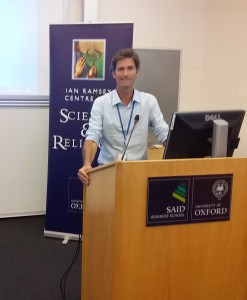Advances in genetics, robotics, informatics, and nanotechnology (GRIN) in the last several decades have sparked great speculation about the future of the human race. Human enhancement proponents contend that we may even need to redefine what our progeny should be called, introducing terms such as ‘posthuman’ or ‘transhuman.’
 How do these developments impact upon perennial questions explored by philosophy and theology? Who am I? What am I? What can I know? What should I do? What can I hope for? Can I ‘engineer’ changes to my character and ethical dispositions? What about the impact on the social dimension of the person, such as the relations expressed by ‘I’ to ‘you’, and ‘we’, whether in families, societies, distributed communities or the world as a whole? And how does the prospect of techno-transcendence relate to theological transcendence, especially a super-naturalised humanity through grace, and its ancient gnostic counterparts?
How do these developments impact upon perennial questions explored by philosophy and theology? Who am I? What am I? What can I know? What should I do? What can I hope for? Can I ‘engineer’ changes to my character and ethical dispositions? What about the impact on the social dimension of the person, such as the relations expressed by ‘I’ to ‘you’, and ‘we’, whether in families, societies, distributed communities or the world as a whole? And how does the prospect of techno-transcendence relate to theological transcendence, especially a super-naturalised humanity through grace, and its ancient gnostic counterparts?
On July 6-7, 2018, The Ian Ramsey Centre for Sicence and Religion held the Summer Conference: Transhumanism, Posthumanism, and Super-Naturalism, that brought together experts from various disciplines to explore these questions.
 Mariano Asla, researcher of the project “The Brain and the Personal Self”, gave a presentation entitled “What is Wrong with Imperfection? A Thomistic Account of Human Limits in Face of Transhumanist Perfectionism”.
Mariano Asla, researcher of the project “The Brain and the Personal Self”, gave a presentation entitled “What is Wrong with Imperfection? A Thomistic Account of Human Limits in Face of Transhumanist Perfectionism”.
Here you may find the abstract of his presentation:
The core of the Transhumanist Program is the perfectionist principle, which can be identified in its purpose of applying new technologies to overcome the limits that our biological constitution imposes on the human condition. Limits are conceived, therefore, as essentially undesirable features. Most transhumanists argue that human progress consists precisely in the rejection of these natural limits. Some of them, like Nicholas Agar, support a moderate enhancement of our capabilities that should not compromise our identity as a species. Finally, others, like Ray Kurzweil, embrace this perfectionist principle even if it comes at the cost of replacing our organic body with an artificial substratum, and so of our own nature as we know it.
My goal in this paper will be to assess the perfectionist principle of the Transhumanism (TH) against the backdrop of a Christian philosophical account of the limits and imperfections of the human nature. The framework I propose derives essentially from Aquinas’ doctrine of Creation but due to the organic character of Aquinas’ thought, it also includes insights related to his understanding of the Fall, Redemption and Eschatology. In order to carry out my analysis, I will try to answer three different but related questions: (i) What does the perfectionist principle imply for the radical and for the moderate versions of TH? (ii) How does the perfectionist principle apply (if it applies at all) to Aquinas philosophical and theological doctrine? (iii) Is Aquinas’ account of the human limits and imperfections compatible with the transhumanist agenda?
